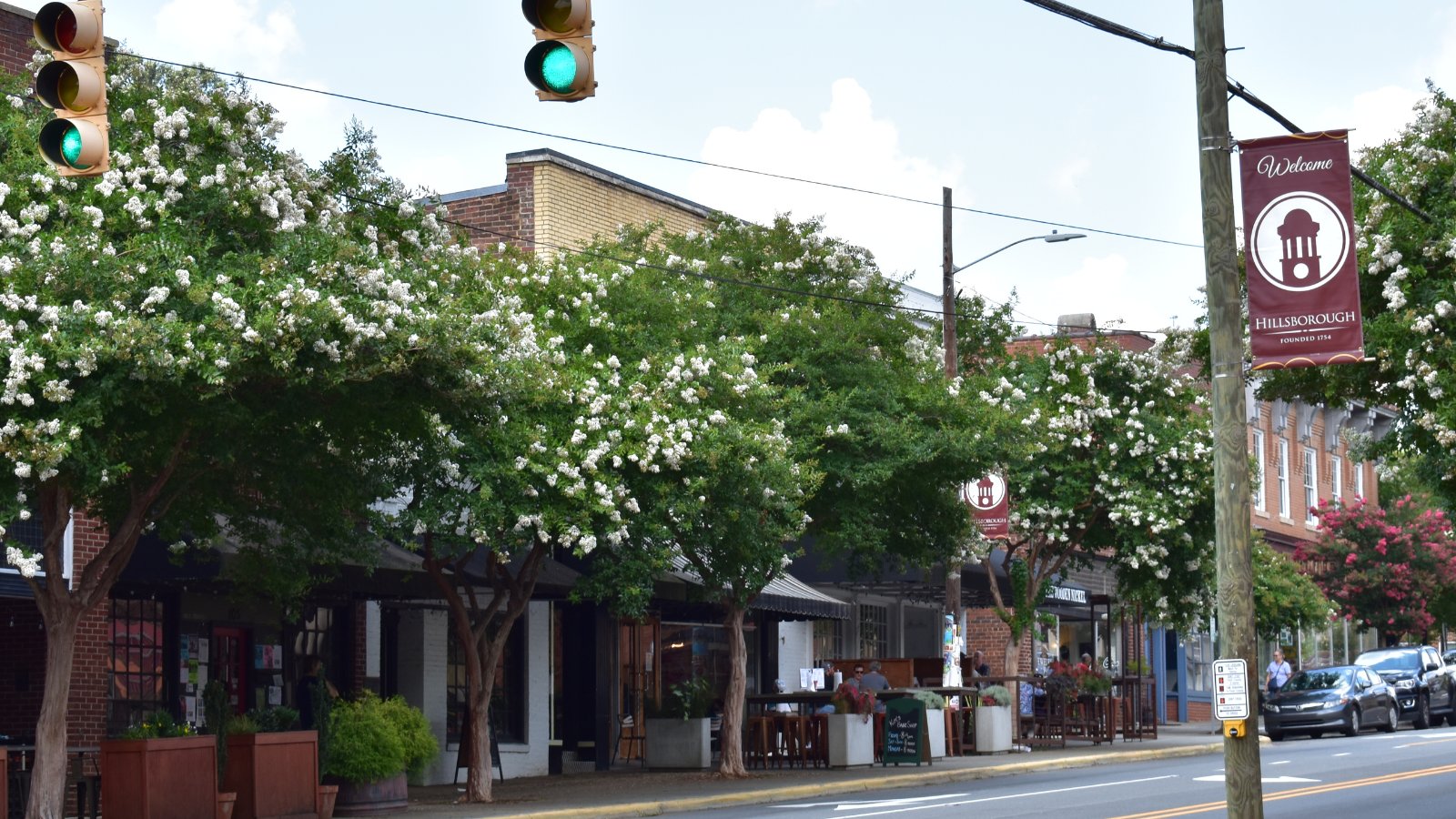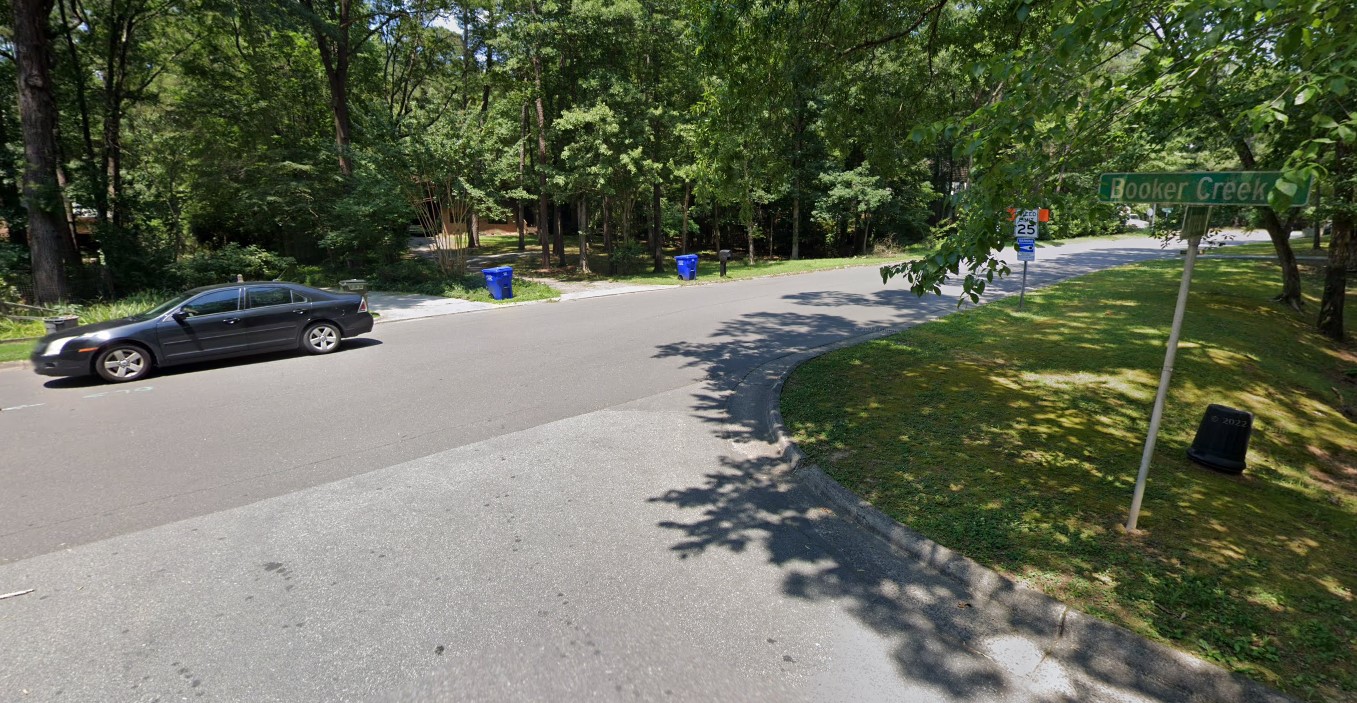After detecting lead in multiple tests, UNC announced it is removing several drinking fountains from Wilson Library.
The University’s Office of Environment, Health and Safety shared the news in an email to the campus community on Thursday around 3:30 p.m.
“Other drinking fountains in the building were tested, showed no detectable levels of lead and remain in operation because the pipes in the building were not impacted,” the office said in the statement.
The EPA requires public water systems to take action to reduce any lead concentration at or above 15 parts per billion. The University used a flushing protocol to test the amount of lead in the fountains.
In Wilson Library, the 3rd floor historic drinking fountain, located on the right side of the hallway, had 15.8 ppb on the first draw and 9 ppb on the second. The 3rd floor historic drinking fountain on the left side of the hallway reported 3.5 ppb after the first draw and 3.1 ppb after the second draw.
On the 2nd floor, the drinking fountain located adjacent to room 506 reported a non-detectable amount of lead on the first draw, but 185 ppb on the second draw. The lab later reanalyzed this sample, and received a second result of 193 ppb.
The EPA states there is no safe exposure to the toxic metal in water. In adults, lead exposure can cause cardiovascular effects, decreased kidney function and reproductive problems.
The Office of Environment, Health and Safety said in an email to students and faculty they will test other campus drinking fountains that potentially contain similar lead components and have not been tested recently to check for lead.
Although the university is continuing to investigate the cause of detectable lead in the fountains, they noted lead in drinking water can be attributed to three sources: lead pipes, lead solder and lead brass fittings. If plumbing materials are corroded, lead can enter the water, although this does not impact pipes in a building.
Blake Hodge, the communications specialist for OWASA (the Orange Water and Sewer Authority) said OWASA is supporting UNC in their sampling efforts on campus. He said the community can be assured this does not mean lead is present in the drinking water across the service area.
“For over 20 years, samples of drinking water leaving OWASA’s Jones Ferry Road Water Treatment Plant have tested below the detectable level for lead of 3 parts per billion (ppb). OWASA also treats our community’s drinking water to prevent lead from entering drinking water through corrosion,” Hodge said. “We will continue supporting UNC in their efforts to remediate the lead levels at these three fixtures and testing of additional fixtures.”
Wilson Library first opened in 1929.
Chapelboro has reached out to UNC for further comment on the situation.
Chapelboro.com does not charge subscription fees, and you can directly support our efforts in local journalism here. Want more of what you see on Chapelboro? Let us bring free local news and community information to you by signing up for our biweekly newsletter.








